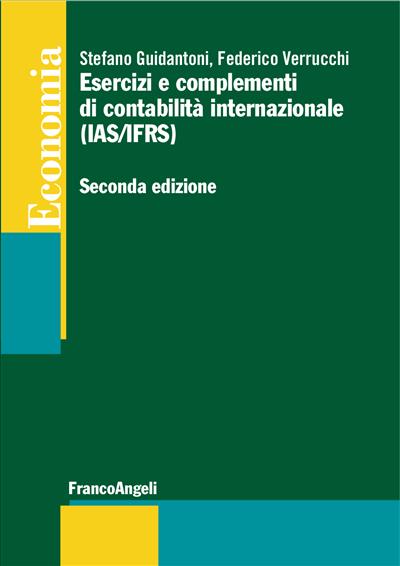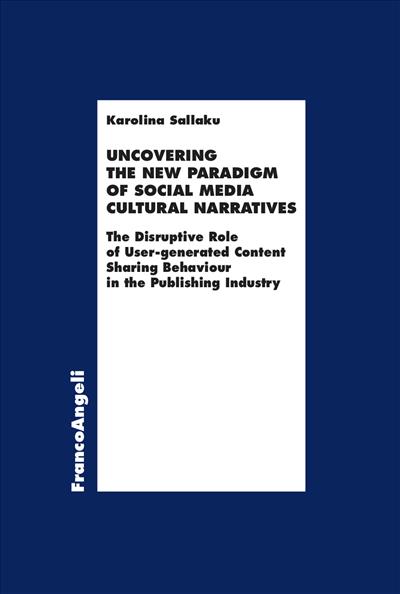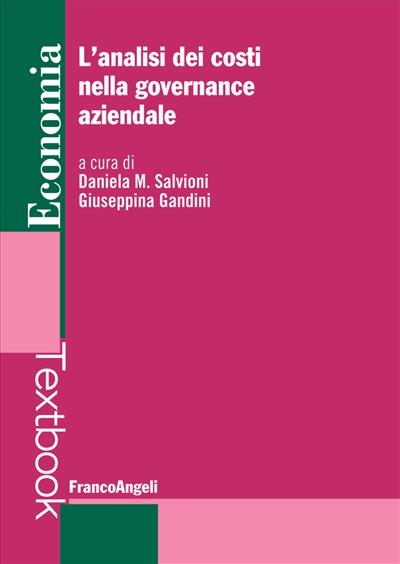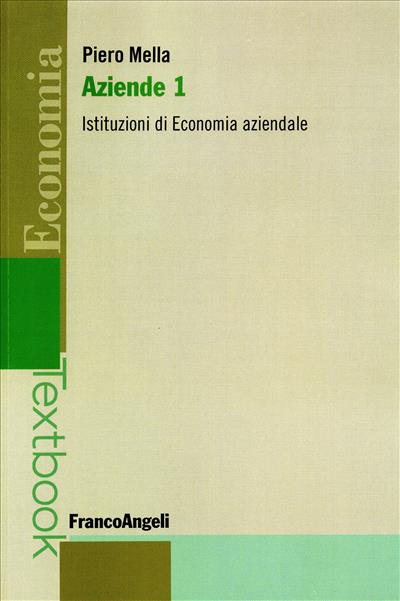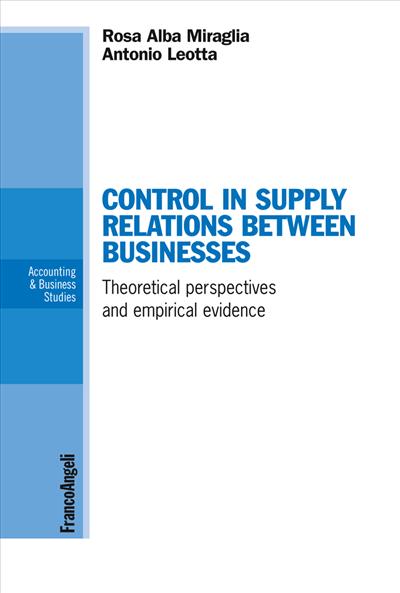
Rosa Alba Miraglia, Antonio Leotta
Control in supply relations between businesses.
Theoretical perspectives and empirical evidence
This work comes under the scope of the growing scientific debate as it strives to better understand the phenomenon of control in relations between businesses and in supply relations in particular. This understanding is extremely useful today, given the increasingly widespread creation of non-competitive relations between businesses.
Pagine: 204
ISBN: 9788856871944
Edizione:1a edizione 2013
Codice editore: 368.2
Possibilità di stampa: No
Possibilità di copia: No
Possibilità di annotazione: No
Formato: PDF con DRM Readium LCP
Pagine: 204
ISBN: 9788820460341
Edizione:1a edizione 2013
Codice editore: 368.2
Possibilità di stampa: No
Possibilità di copia: No
Possibilità di annotazione: Sì
Formato: ePub con DRM Readium LCP
